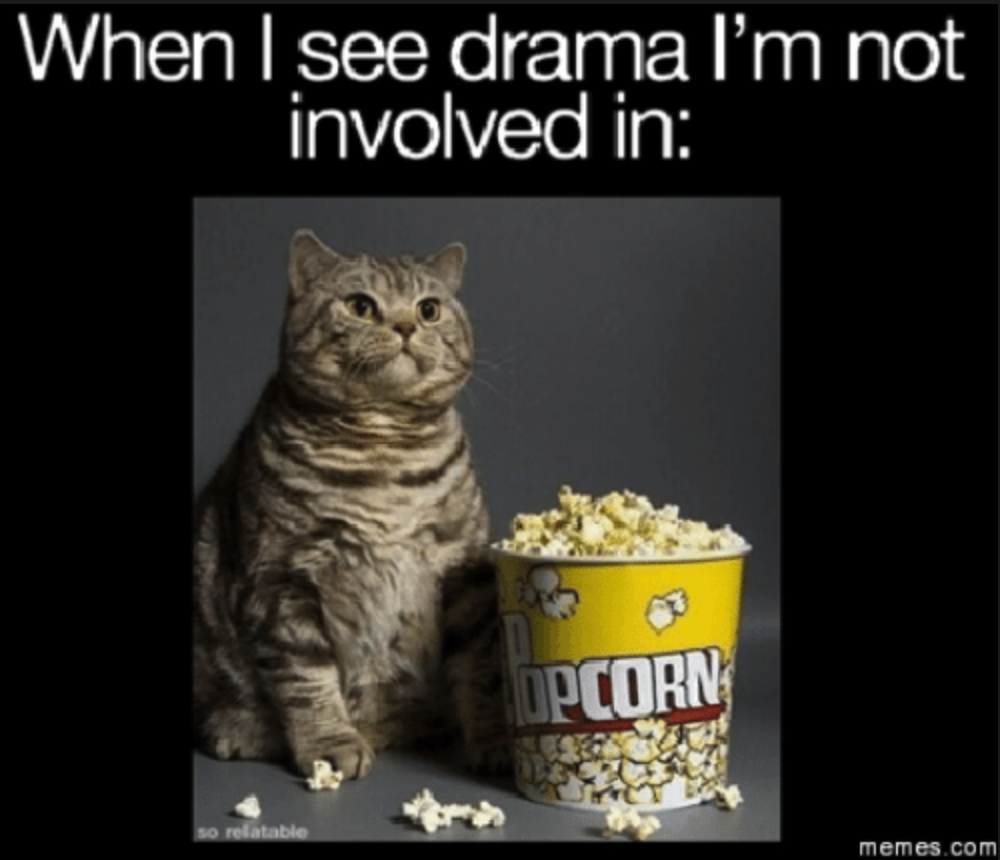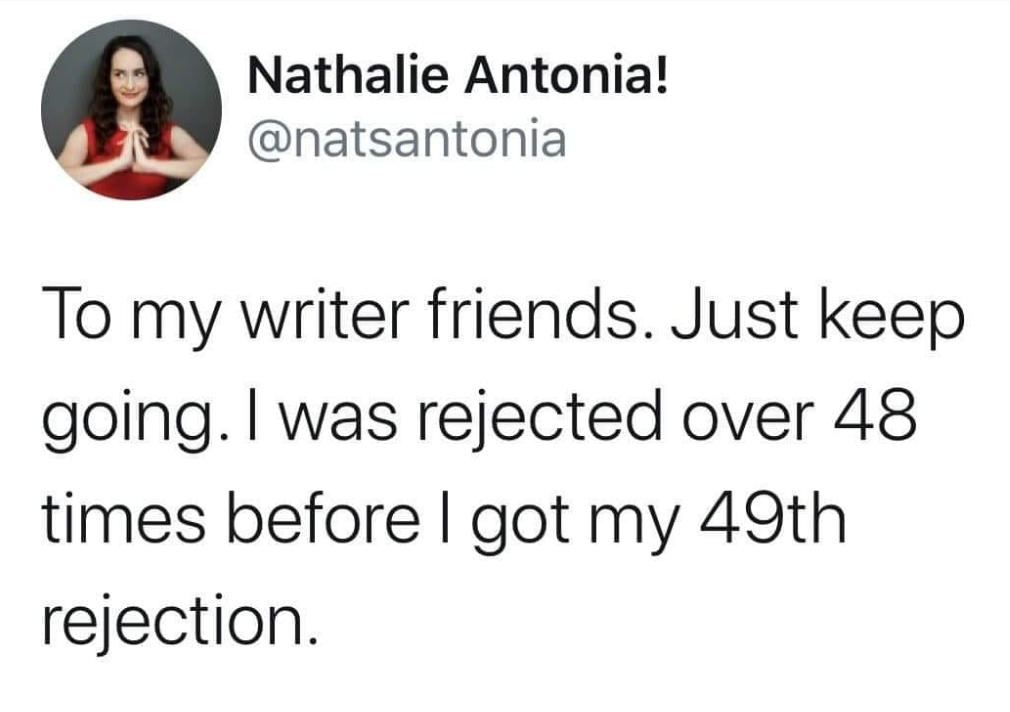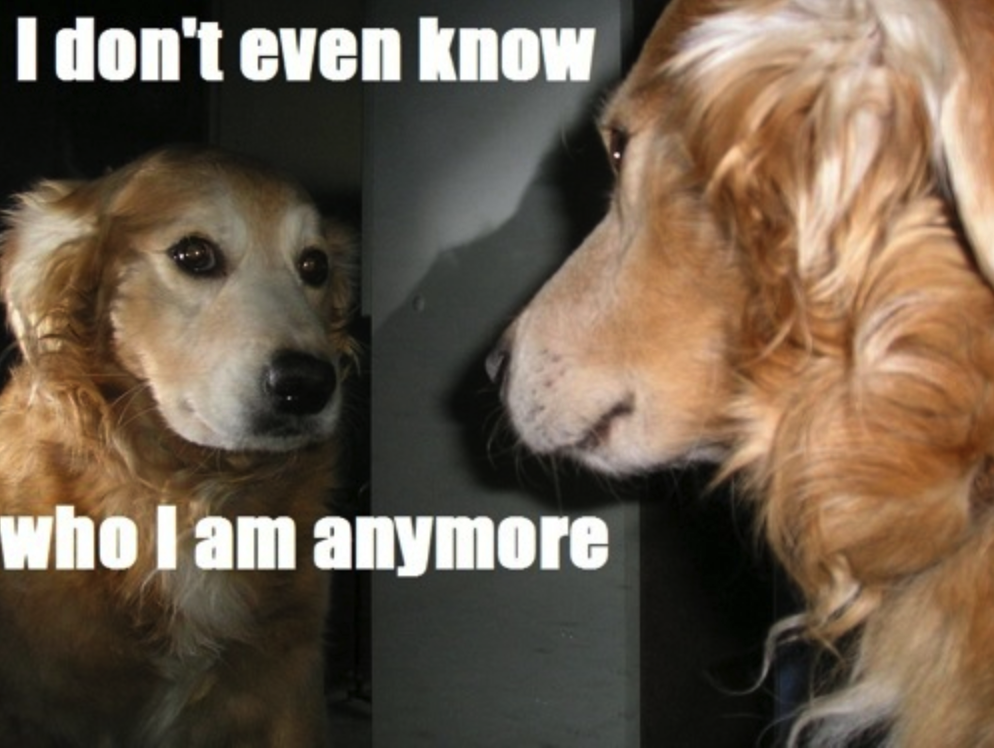
Lies are a fascinating topic just in general. While most people would openly eschew lying, if we’re honest *bada bump snare* it would be all but impossible to function in society if we always told the truth, the whole truth, and nothing but the truth.
When information doesn’t line up with our experiences, it can be very disconcerting (ergo the image of the clown to make my point). One of the big reasons many people dislike/fear clowns is because they cannot accurately read facial expressions. When the smile is fake and painted on, it can rattle us on a primal level.
Is the clown really happy, or about to murder us?
***I say murder, but that’s me.
Back to lies in general. I touched on this idea a bit in my post about creating dimensional characters, but we’re going to deep-dive it today.
Lying is very useful in fiction. The kissing cousins of the lie—deception and betrayal—can summon some terrible personal demons. Demons so powerful that only the crucible of a strong story problem can exorcise them for good.
I’ve been writing my entire life, and a professional writer for now over 20 years. When people ask what I do, I sometimes jokingly respond, “I lie for a living.” But, in a nutshell, isn’t that what all the best storytellers do?
As humans, sometimes our greatest hopes are in the most beautiful lies. That true love always triumphs, that bad people will always get justice and good will prevail. We know, deep down, that life rarely works this way, but this is why stories are so important.
Lies are Why We Write

Beautiful untruths keep us hoping, propel us to constantly reach for a better version of ourselves. We cling to ideas that love, justice, mercy, compassion will win the day even when the daily headlines prove us fools.
I love anything true crime. True crime shows, procedurals, movies, documentaries, on and on. Strangely, I watch crime shows to relax at night. I know that’s odd, but hear me out.
Yes, NCIS or CSI or Law and Order all deal with the worst humans have to offer, but, by the end of the 45 minutes or the hour, guess what? Authorities CATCH the villain and I have glorious closure. Hallelujah! There’s at least one place in this chaotic, bonkers crazy world where I know the bad guys lose and good guys win.
The news will tell me how there are zillions of cold cases and unsolved abductions and murders. In life, I’ve seen wonderful people get shafted while truly evil individuals thrived. This seriously messes with my internal compass for justice.
To be able to remain sane in a crazy world? I lean on stories.
This is why I IMPLORE writers to value what we contribute to society. Too many people dismiss what we do. Writing isn’t a ‘real’ job, but then what do they do with most of their free time and money? They binge on what writers dreamed up.
Interesting Truth About Lying

First, I happened to watch an incredible thriller called A Perfect Enemy. It is a slow-boiling story, but once it takes off, just WOW. The main character is a world-renowned architect and he makes a fascinating observation. He states that there are no verbs for telling the truth, regardless of the language.
No one says, “He was honesting to his wife about where he went the previous night.”
This, according to the character, holds across all languages. Humans don’t have verbs for being honest, but we have a slew of verbs for its opposite—deceiving, faking, conning, bamboozling, defrauding, etc.
For the record, I don’t know if this statement is completely accurate. But the character speaks a number of languages and he riffs through several and spouts off the many verbs for lying in at least five different tongues.
She told the truth. The verb is “to tell.” He was being honest. Again, the verb is “to be.” She confessed to her husband. Now, that might be considered a verb for telling the truth, but note it is, more accurately, a verb used to denote someone revealing a LIE.
Honesty is an inherent and assumed condition, which is why it has no verb.
Why is this important?

Because human nature naturally assumes we are being told the truth. If someone takes our money to make us a coffee, we assume they will in fact make us a coffee. If a bottle says it is milk, we drink it without testing first if it is drain cleaner.
Truth, therefore, is the assumed standard. If we meet someone and they give us their name, we assume that really IS their name. We don’t run background checks on everyone we meet to make sure they really are what they say they are.
I listen to an AMAZING forensic psychology podcast, L.A. Not So Confidential, and they do a FABULOUS job of breaking this down on their episode about Catfishing.
Neuroscience literature demonstrates humans are hardwired to trust. In the academic study, Computational substrates of social value in interpersonal collaboration, researchers were able to pin down two specific parts of the brain that activate when we believe we are trusting someone close.
Brain scans showed increased activity in the ventral striatum (key in reward responses and positive emotions) and the medial prefrontal cortex (which helps govern how we perceive the mental states of others). This is also a memory center and the part of the brain we access in making decisions.
Thus, when people are profoundly betrayed, the deception literally rewires the brain. This is why victims of con artists or people dealing with infidelity suffer almost a personal extinction. If they could be SO WRONG about this situation and it was a lie, then what else have they been taking for granted as true?
Lies & the Betrayed Brain

This is why it can take years for someone to overcome a betrayal. If the lie is big enough, it will make the victim question more than just the single offense or offender.
Say, you have an MC who sees her husband at a cafe kissing another woman when he’s supposed to be out of town for a meeting.
The cascade is clear.
Does he love me? Has he ever loved me? Have I always been a fool? How many times have I trusted he really was at work? What else have I missed? Did our mutual friends know? Have they been keeping this from me? Are they all laughing about me behind my back? Was our marriage ever real? He told me he loved me this morning, but did he mean it? How long has he not meant it?
Y’all get the gist.

This crippling self-doubt is powerful in fiction. Lies are story GOLD. It doesn’t even have to be about infidelity.
Think about stories that strip away what we take for granted. The Matrix questions whether our reality is even real. Enemy of the State challenges our notion that our government will always act for the public good. Clickbait demonstrates how much blind trust we have in those we meet on-line to be who and what they say they are. Shutter Island (both book and movie) picked at the trust we place in our memories, our reality and ourselves.
A FABULOUS way to hook a reader is to rip away some form of trust.
***We give it back LATER. We’re not total psychopaths 
Forgive but Never Forget

Lies, betrayal, and deception are incredibly powerful in life and in fiction. As I mentioned earlier, betrayal very literally alters brain chemistry. This is extremely difficult to overcome, and the psychic scar tissue will always be there. Always.
I don’t care about the saying “Forgive and forget.” That is taken out of context so often I can’t go there.
Even when we forgive, we never forget. In fact, in certain instances, it is foolish and even dangerous to forget.
Ironically, this is why most humans don’t lie. I’d love to say it is because we are good and kind inside, but that is only partially true for some.
By and large, we tell the truth out of self-interest and self-preservation. Because we fundamentally grasp the social fallout that comes with being labeled a liar or untrustworthy, most people generally don’t stray too far from the truth.
***I am talking about big stuff, not social ‘white lies’ like saying you’re tired when a stranger asks if you’re okay. We (hopefully) all know it is inappropriate (and reckless) to ambush a person who’s just being nice with gritty details of our major personal issues.
This aside, lies—the diabolical kind—do real damage that will never be completely undone. We can heal, but we are never the same. A broken arm can mend and work just fine, but an X-ray will always show evidence of the break. We carry that fracture literally to our graves.
Lies & the Unreliable Narrator

Same with betrayals.
This is why most people, in general, tell the truth. It is also why pathological lying is a symptom of something fundamentally wrong. The person could have a personality disorder, a character disorder, or some other mental health issue. It takes SO much mental energy to lie that we have a word for people who can deceive effortlessly…psychopaths.
One of the reasons the unreliable narrator works so brilliantly is because it takes advantage of our VERY human nature to instantly trust and accept what we’re told. The unreliable narrator can be used for fantastic effects and are excellent for creating plot twists.
Why?
Done well, they are like great liars in life. We never see them coming. If we do, our instinct is to rationalize. Regardless, our first go-to is NOT, “This person is weaving a doozy!”
Summoning Personal Demons

Betrayals are FANTASTIC for creating personal demons. Remember, great stories are high concept, meaning they have three main components—universal, emotional, and give the audience something to contribute or take away.
Everyone has been betrayed on some level. Just order a burger. It NEVER looks like the burger in the picture. We all know how it feels to be duped, so we can get very emotional about this topic depending on what we’ve experienced in our past. I promise, audiences definitely have something to contribute or share.
Think about the person who discovers they were adopted. Their parents may have lied for sound reasons, but what is the fallout? How does the character cope?
What if the character thought someone was her friend, only to overhear that friend making fun of her behind her back?
Lies We Tell Ourselves

Facing/discovering a betrayal throws every other relationship and decision into a tailspin. But what about the things we hold to be true about ourselves? We rely a lot on outside interface to validate our beliefs.
We believe we are smart, talented, loved, successful, cherished, trusted, part of the group, etc. But what about when we aren’t?
What if someone believes they’re doing a great job, only to be blindsided by being fired?
I don’t believe I fully appreciated just how talented some actors are until I saw THIS scene in the 2004 remake of Stepford Wives. Nicole Kidman plays Joanna Eberhart, president of a TV Network, who believes she’s at the top of her game anticipating a promotion…only to get canned in a fairly humiliating way.
Kidman’s acting is MIND-BLOWING. You can literally see the Kubler-Ross 5 Stages of Death and Dying in her body language an all in about 90 seconds.
Just this small snippet of film shows what betrayal looks like in high-relief. I don’t know about y’all but I can almost feel (on a VERY visceral level) what she’s experiencing.
Great stories always begin with a degree of denial. In The Stepford Wives there is nothing, per se, fundamentally wrong with Joana Eberhart. It’s simply that EVERY character attribute has a dark side. Great leaders can also be thoughtless tyrants. But, tossed in the right crucible, the tyrant can face her darker nature and recalibrate to being a fantastic leader.
Lies and more lies. What to do…
Want a great story? What does your MC fully trust without question? Is there something they believe about themselves? Now, rip whatever that is away.
For the record, it can be a misunderstanding or even patently untrue. A mother whose partner excoriates her as a terrible person, mother and wife initially will have a personal extinction. BUT, the story can reveal that she is NOT the problem, rather she’s in a toxic/abusive relationship.
Author Lianne Moriatry uses this tactic beautifully in Big, Little Lies. Each MC begins with a fundamental belief about her reality until the story forces them to face their darker natures/fears.
Lies Reveal Truth

We all lie. But what we are willing to lie about, and how far we are willing to twist the truth, reveals a lot about our character. This goes for real-life people as well as the imaginary people we create.
Anti-heroes probably push this boundary to its limit. It is why they can be difficult to write. Writers must create a person who violates all social contracts but REMAINS likable or at least sympathetic.
Remember I said fiction serves a valuable purpose with the beautiful lie. One of these ‘useful fictions’ is that it is possible to overcome even the deepest betrayal. When we read story with a main character who has every reason NOT to ever trust again, and despite the odds, they manage to HEAL? That is powerful.
Most of the time, in life, it isn’t so neat and clean. This kind of healing can happen but it is certainly not the norm. This is why fiction offers a model for the reader, and hope that if THAT character can overcome THIS, then they can, too.
Thoughts? I LOVE hearing from you!
What are your thoughts about lying? Lies serve a purpose in life and in fiction. Can you think of ways a character might be in denial? What are some ‘things’ we trust to be real that could be ripped away? Can you think of some examples of what we take for granted? How might that be used in a story to great effect?
***Btw, for those who want to make a living writing, make sure to scroll down and check out the classes below. When you treat yourself as a business, which you are, then classes are an INVESTMENT. All these classes will help you up the quantity AND quality of your writing.
CONTEST
What do you WIN? For the month of APRIL, for everyone who leaves a comment, I will put your name in a hat. If you comment and link back to my blog on your blog, you get your name in the hat twice.
What do you win?
The unvarnished truth from yours truly. I will pick a winner once a month and it will be a critique of the first 20 pages of your novel, or your query letter, or your synopsis (5 pages or less).
Small Steps to Start
The Write Stuff Special: 20 pages for $55
Only TEN SLOTS AVAILABLE! Offer ends May 4th, 2020. Sign up HERE.
Small Steps with Classes
***All classes come with a FREE recording
Bring on the BINGE: How to Plot & Write a Series
Thursday, May 19, 2022 7-9:30 P.M. NYC Time
For more information, SIGN UP HERE.
The Art of Character: Writing Characters for a SERIES
Thursday, May 26th 7:00-10:00 P.M. NYC Time
For more information, SIGN UP HERE.
Practice Your Pitch: Master the Log-Line
Thursday, June 2nd, 7:00-9:00 P.M. NYC Time. This is a TWO-HOUR INTERACTIVE WORKSHOP!
For more information, SIGN UP HERE.
The post The Deepest Wounds: Lies, Deception & Betrayal appeared first on Kristen Lamb.
